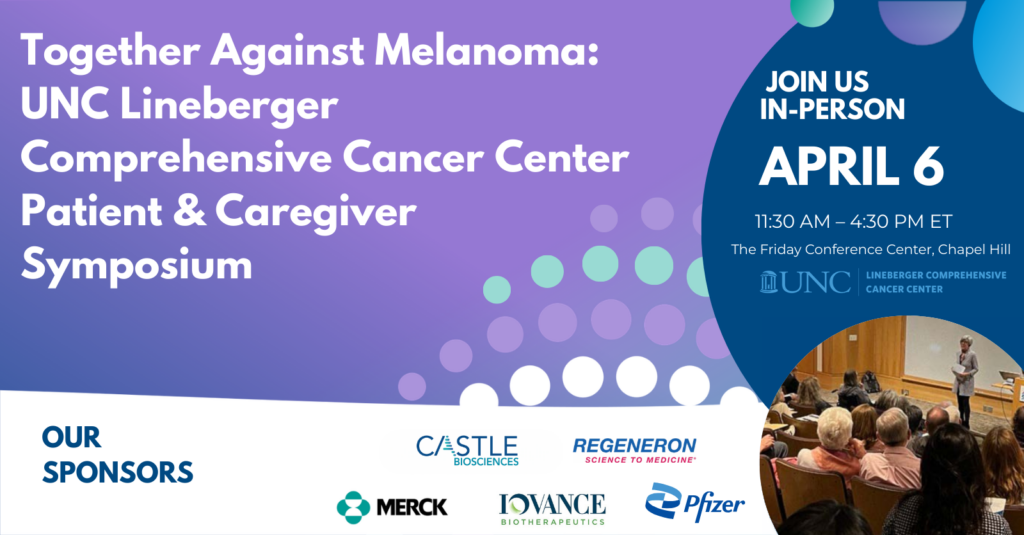
Targeting Melanoma Developmental Programs to Overc...
Vito Rebecca’s Abstract Melanoma is the most aggressive form of skin cancer. Although progress has been made for advanced melanoma patients with 13 new FDA-approved t...

Vito Rebecca’s Abstract Melanoma is the most aggressive form of skin cancer. Although progress has been made for advanced melanoma patients with 13 new FDA-approved t...

The translation initiation complex (or TIC) is one of the last unexplored targets in cancer therapy or melanoma. Protein production is tightly controlled by a complex of fo...

Many cancer immunotherapy patients fail to respond or progress after initially experiencing tumor regression. More than 25% of melanomas carry activating mutations in the d...

Both helper CD4 T cells and killer CD8 T cells are known to be involved in immune responses to cancer. Helper CD4 T cells assist immune responses to cancer by enhancing the...

The overall survival of a subset of patients with melanoma drastically improved with a type of treatment called immunotherapy, which activates the body’s immune system to...

Uveal melanoma (UM) is the most common eye cancer in adults which originates from pigmented cells in the uvea of the eye. The major challenge in UM treatment is the high fr...

Melanoma is a lethal form of skin cancer because it has a high propensity to metastasize, especially to the brain (often causing death). Compounding this problem is the obs...

Melanoma brain metastases (MBM) are a leading cause of morbidity and mortality for patients with advanced disease. Modern systemic therapies do not adequately control brain...

While significant progress has been made in developing new therapeutics to control melanoma, the promising clinical outcomes of immune checkpoint inhibitors have drasticall...

Adoptive cell therapy (ACT) using naturally occurring tumor-infiltrating lymphocytes (TIL) can mediate durable tumor regressions and, in some cases, cure in patients with m...

About 40% of melanoma patients have decreased p16, a tumor suppressor protein that inhibits cell proliferation. However, our laboratory and others have found that p16 can r...

Despite recent therapeutic advances, melanoma remains a major burden that is expected to rise faster than any other cancer in the coming decades. Surgery is frequently cura...



Apr 06, 2026 ET

Apr 17, 2026 ET - Apr 19, 2026
